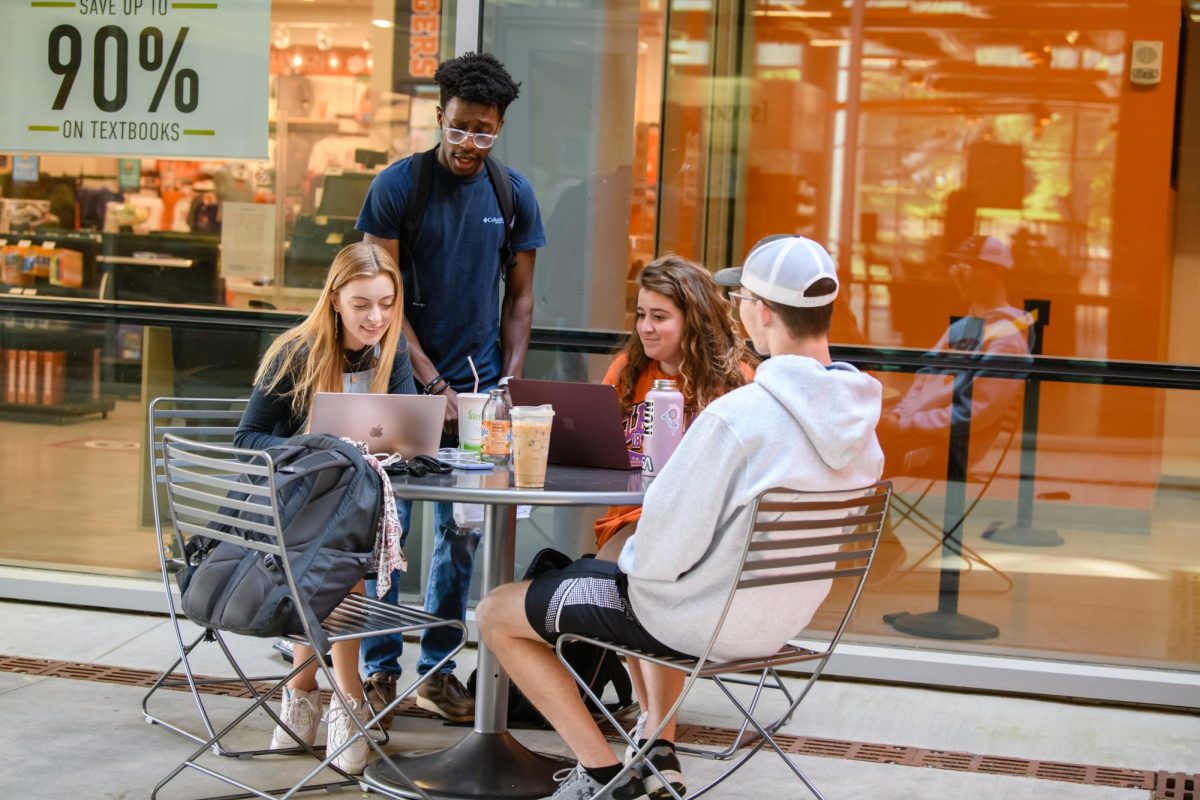If any of you have seen me at a party or football game on campus less than sober, first I would like to apologize. Anybody that knows me well enough knows that liquor is my drink of choice— double whiskey and coke, whiskey ginger, whiskey sour; I drink whiskey essentially any way you can pour it.
Recently, Stanford has placed a ban on hard liquor at on-campus parties and bottles larger than 750 mL are not allowed in students’ dorms (of course assuming that student is over 21). To put 750 mL of liquor into perspective, that’s about 15 shots, or about 5 drinks if I’m pouring. It’s no great secret that Clemson can be a party school, especially on those weekends that Death Valley is filled to capacity, traffic is insane and liquor on campus is in no short supply. Football, parties and alcohol at Clemson go together like salt, lime and tequila, if you’re into that sort of thing.
Stanford’s change in policy arrives just a few months after swimmer Brock Turner raped an unconscious woman in an alley while claiming to be inebriated and received a disappointingly short sentence.
The ban at Stanford is not the only of its kind, in the past few years Notre Dame, Dartmouth, Colby, Bowdoin, Bates and UVA have instated similar policies, especially in response to rise in on-campus sexual assaults.
Alcohol does not cause people to sexually assault people. Rapists and only rapists sexually assault people— sober, drunk or otherwise.
If you aren’t a rapist then alcohol is not going to change that. While Stanford and other similar universities’ policies were born from good intentions, these new rules will not solve any problems.
It’s nice to believe that removing alcohol from the equation or decreasing the allowed amount would affect the number of sexual assaults across college campuses; it’s nice to believe that alcohol is the cause and sexual assault is a possible effect.
It’s nice to believe that everybody will be on their best behavior without booze, and without it everything will improve; but that’s all it is — it’s only nice to believe. It isn’t true, it isn’t logical and it isn’t well founded. It’s uninformed, it’s hopeful and it’s foolish.
Sexual assaults on college campuses, especially those with top 20 or even top 40 ratings are often underreported. Students on campus that commit sexual assault are often under punished, and allowing less alcohol on the campus will not change any of that. I don’t believe in the Clemson family, the phrase, in fact, makes me cringe— but I do believe that the Clemson collective knows better than to attempt what Stanford and other universities are trying to accomplish. It looks nice on paper, but it looks awful in practice.
Nice try, Stanford, but thank you, come again. Banning alcohol on campus above a certain size won’t make people drink less, it will make people buy more of the smaller bottles. Drinking doesn’t make you rape people, being a rapist makes you rape people and it’s on us to contribute to change. I’ll be standing right there beside you trying to make this change, and you still may just find me downtown on any given Saturday drinking one too many double whiskey gingers at TTT’s and still not sexually assaulting anybody.








